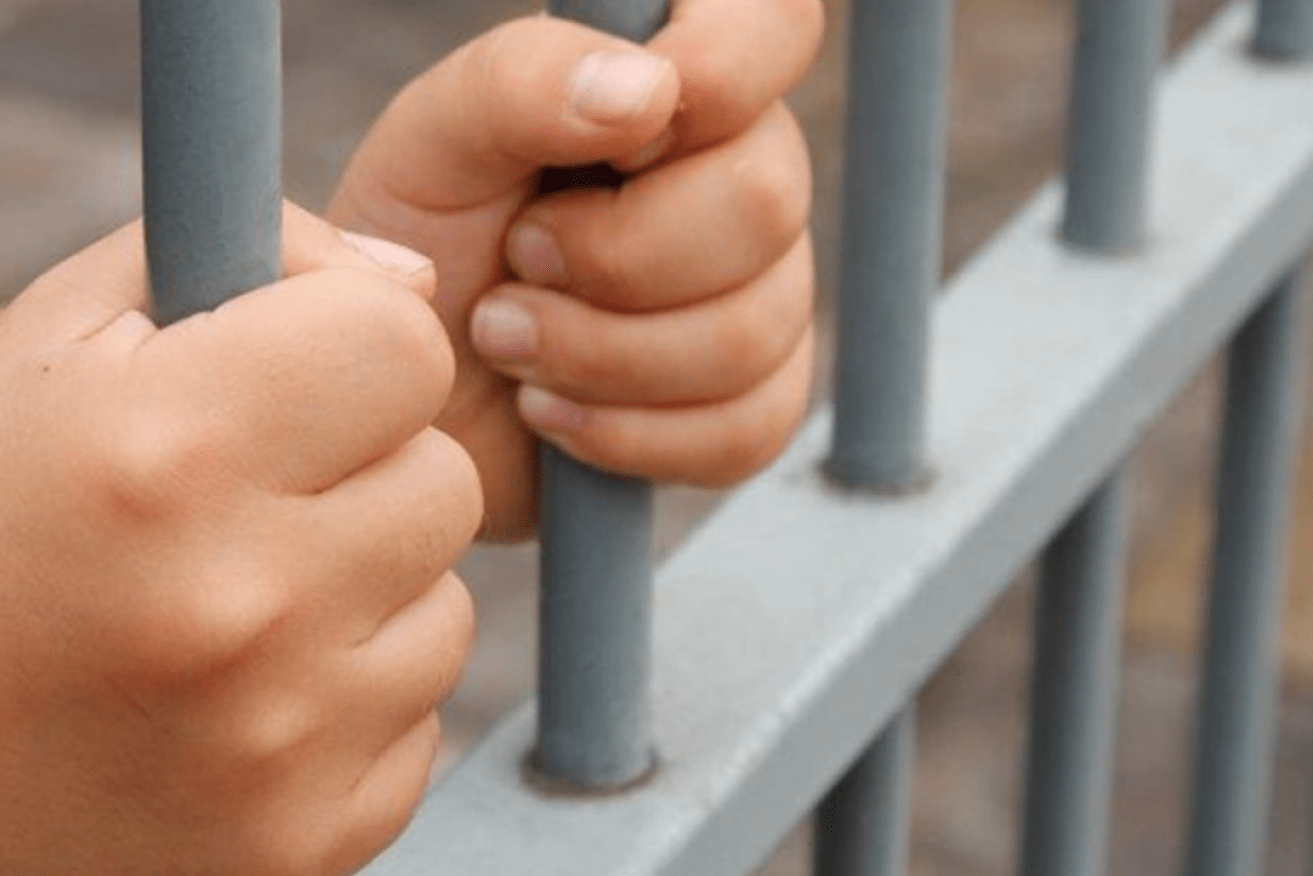Call for new youth detention regime if criminal age raised
Children aged under 14 who commit serious crimes should still be detained if legislation to raise the age of criminal responsibility from 10 years passes state parliament, the SA Law Society says.

Despite supporting a Greens bill to raise the minimum criminal age in South Australia from 10 to 14, the society’s criminal law committee questioned what would happen to young offenders who commit serious crimes such as offences involving violence, serious criminal trespass or dangerous driving.
If passed, the bill would release all children aged under 14 from youth detention within a month of the legislation commencing.
Greens MLC Robert Simms reintroduced the private member’s bill to parliament last month, telling InDaily at the time that it was “morally wrong” to detain children aged as young as 10.
In a letter to Simms and passed on to all state MPs last week, the Law Society’s president Justin Stewart-Rattray wrote the society “strongly supports” the criminal age being raised to 14 years, but its criminal law committee questioned what would happen to young offenders if detention was no longer an option.
“This is particularly problematic when the offending is either endangering members of the public, such as offences involving dangerous driving or offences of violence, and offences involving trespass onto private property,” he wrote.
“Anecdotally, committee members noted the offences of aggravated serious criminal trespass and aggravated robbery are very common in the Youth Court.”
Under current South Australian law, children aged 10 to 14 are deemed incapable of understanding the full consequences of their actions, but that is a rebuttable presumption, meaning judges can convict them of criminal offences and sentence them to detention if their crimes are deemed serious.
Stewart-Rattray wrote that if the minimum age of criminal responsibility was increased to 14, there would be “no consequence, rehabilitation or deterrent for children who offend because such children are not always adequately parented or supervised”.
He wrote the criminal law committee suggested that the government set up “some form of detention or deterrent or training regime” that would detain offenders aged under 14 for a set period of time.
“That detention would not be a sentence of detention or imprisonment in the normally understood circumstances of the Young Offenders Act 1993 (SA),” he wrote.
“Such a detention regime would have the advantage of operating as a deterrent and community protection effect, but would also permit the deploying of targeted intervention programs to assist these young people.”
According to Stewart-Rattray, the detention regime would need to be supervised so that it “does not amount to a de facto regime of imprisonment”.
He stated it would also need to be adequately funded and serviced by “suitably qualified” support workers and mentors who would be tasked with helping young offenders with housing, welfare, training and education.
“Whilst this reform would have a significant budgetary impact it should also produce a saving to the community and a cost in imprisoning fewer offenders,” he wrote.
Simms told InDaily he would consider the Law Society’s feedback.
He said he wanted to ensure he had “multi-party consensus” before bringing the bill to a vote.
“Certainly, I’ll take on board the feedback of the Law Society,” he said.
“But also, I’d want to consult with other stakeholders as well before making any changes to the bill.
“I imagine other parties will also consider the feedback from them along with other stakeholders too and consider amendments.”
It comes after campaigners earlier this month presented Attorney-General Kyam Maher with a petition with just under 12,000 signatures calling on the state government to “change the laws to raise the age, so children aged 10 to 13 years are not sent to prison”.
Maher said on Friday that Attorneys-General across Australia were considering what therapeutic programs could be put in place to support young offenders once the criminal age is lifted.
He said states and territories were yet to decide what the new minimum age of criminal responsibility should be.
“Other jurisdictions around the world have gone to 14, others have gone to 12 and then there are a whole lot of considerations about are there any offences that are carved out, the services and wrap-around services that are provided with raising the age,” he said.
“It is work that we are certainly doing in South Australia.”
Asked if the government would raise the age of criminal responsibility within the next four years, Maher said: “It’s something we’re looking at”.
In 2020-21, 43 children aged between 10 and 13 were incarcerated at the Kurlana Tapa Youth Justice Centre at Cavan in Adelaide’s north. Many of those children were Aboriginal, had disabilities, or were in the child protection system.




